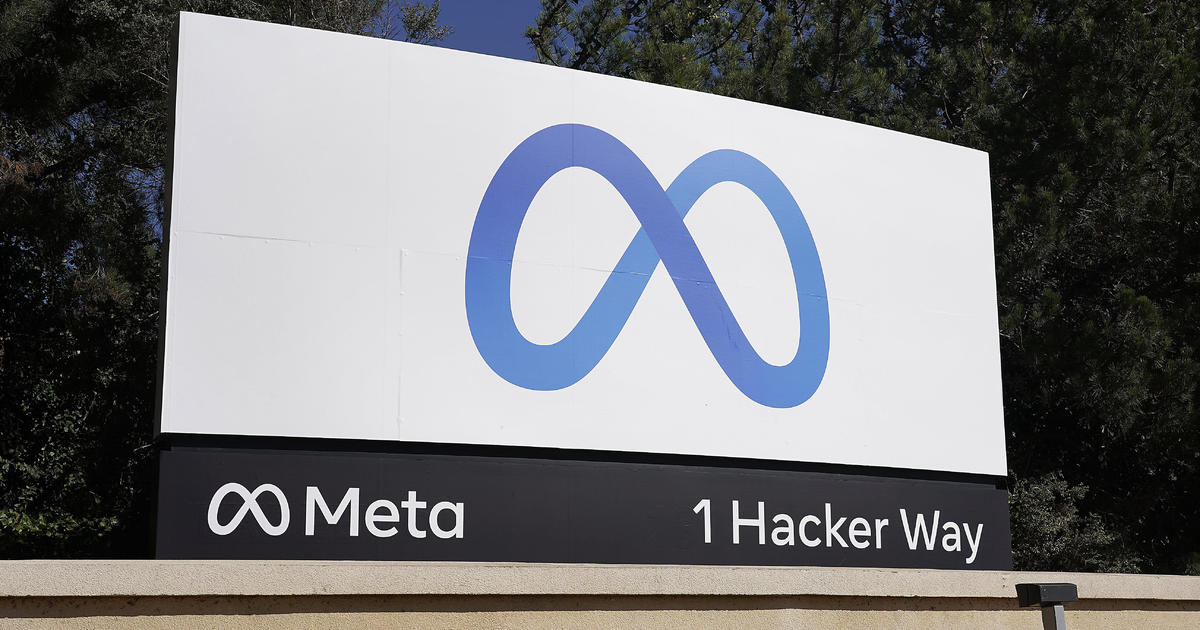Prospect Of DNA-Edited Designer Babies Has UC Scientists Rethinking Their Own Discovery
BERKELEY (CBS SF) -- When scientists at the University of California, Berkeley came up with a way to edit DNA, the genetic blueprint of all living things, they had no idea one day they might regret it.
After all, CRISPR-Cas9, more commonly referred to as the 'gene-editing tool,' could be used to save patients' lives. Doctors could use the science to help people with HIV, cancer and other deadly diseases. It could even be used to increase earth's food supply and help eliminate hunger.
What they did not envision was the potential for unethical misuse or abuse of the application - that is, until this year.
In January, Chinese scientists used CRISPR-Cas9 to create the first genetically-modified primates. Their genomes were engineered to alter their sex, metabolism and immune cell development. Then, in April, scientists at the University of Guangzhou altered human embryos. Their aim was to eliminate the gene defect that causes a blood disease. Some embryos were altered successfully, while ended up with unexpected mutations.
For researchers at UC, the experiment raised a red flag.
"This is a wake-up call," said Jacob Corn, the scientific director of UC's Innovative Genomics Initiative told the San Jose Mercury. "Human traits change naturally, over time. What we are talking about is the ability to do this to ourselves, faster than nature can do."
Anyone with basic knowledge of molecular biology can use the application on sperm, eggs, embryos to eliminate genetic diseases, or add physical traits -- like a specific eye color. In other words, genome-editing technologies have the potential to reshape the evolution of mankind in a heartbeat. So, where do scientists draw the line?
To consider that very question, UC scientists called a closed-session meeting last January. Sounding the 'embryo engineering alarm,' they issued a commentary in the journal Science. In a piece titled, "A prudent path forward for genomic engineering and germline gene modification" they call for "further discussion and assessment of the key potential benefits and risks to moving forward with this technology."
They also made 4 more recommendations:
- Strongly discourage clinical application of this technology at this time.
- Create forums for education and discussion
- Encourage open research to evaluate the utility of CRISPR-Cas9 technology for both human and nonhuman model systems.
- Hold an international meeting to consider these issues and possibly make policy recommendation.
Another meeting is scheduled to take place soon so scientists can come up with specific guidelines on the applications of CRISPR-Cas9 for the military, agribusiness and the pharmaceutical industry.



